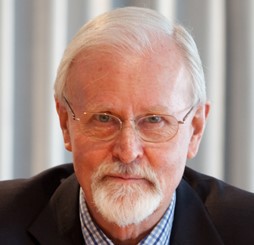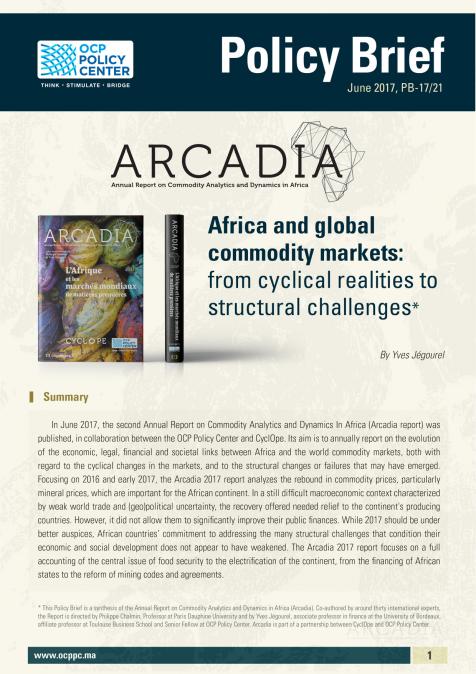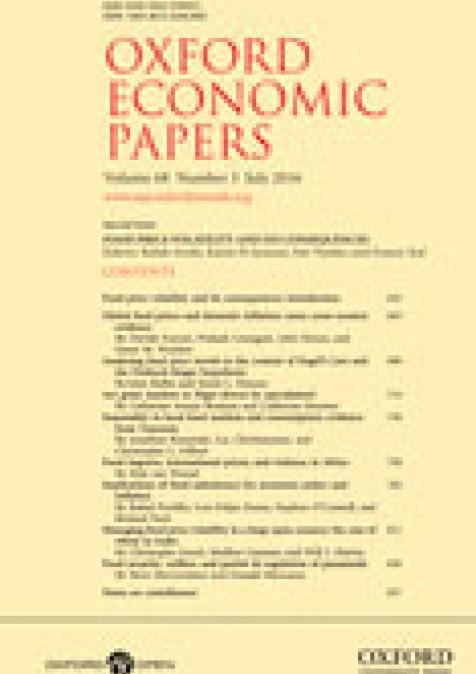International Conference on Food Price Volatility : Causes and Challenges Rabat / February 25-26, 2014 Jointly organised the OCP Policy Center, the IMF and the NYU
Speakers

Per Pinstrup Andersen
Cornell University
Dr. Per Pinstrup-Andersen, economist and a Professor Emeritus at Cornell University. Before retiring in 2013, he was the Howard Edward Babcock Professor of Food, Nutrition and Public Policy and the J. Thomas Clark Professor of Entrepreneurship at Cornell University. In 1992–2002, Pinstrup-Andersen was the Director General of the International Food Policy Research Institute. Pinstrup-Andersen received his PhD in 1969 from Oklahoma State University
...








